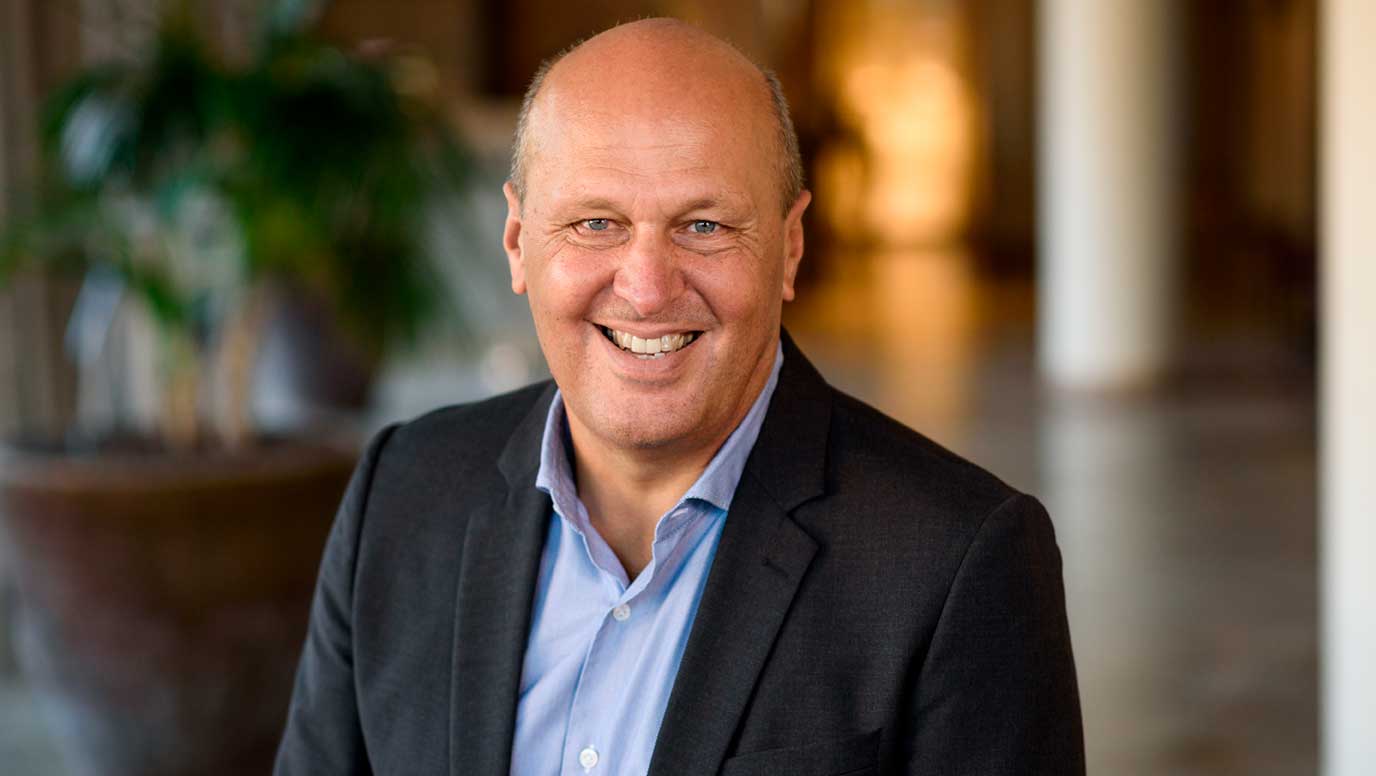ViaNautis eyes fresh hires as it continues to grow

ViaNautis is developing differentiated genetic medicines enabled by precision delivery with its proprietary polyNaut® nanovesicle (PNV) platform.
These non-viral, cell-specific polymer nanovesicles are designed to deliver genetic cargoes (such as DNA and mRNA) across biological barriers, including the blood-brain barrier (‘BBB’), with high specificity and minimal immunogenicity.
The company was founded in 2018 as SomaServe, a spin-out from University College London (UCL), and rebranded to ViaNautis Bio in 2023 following the announcement of its $25 million Series A financing.
The polyNaut® platform is based on research from Professor Giuseppe Battaglia, with co-founder Dr Denis Cecchin now serving as Chief Technology Officer. The company has grown from a delivery technology platform into a fully-fledged therapeutic development company, advancing a pipeline across CNS and respiratory diseases.
Its 2023 Series A round demonstrated the broad-based regard for the business. It was led by 4BIO Capital, BGF, and UCB Ventures, with participation from the Cystic Fibrosis Foundation, Eli Lilly and Company, and existing investors including Origin Capital, Meltwind, and o2h Ventures.
ViaNautis also entered a strategic collaboration with Eli Lilly last October. Under this agreement, polyNaut® nanovesicles are being developed for the precise delivery of genetic medicines to specific tissues and cell types, with an upfront payment, programme initiation payments, and research milestones.
The company has to date managed its resources and potential to expand with commendable focus. It currently has a team of around 40 full-time employees based at its purpose-built R & D headquarters at Unity Campus, Cambridge. The team includes a high proportion of PhD-level scientists across drug delivery, molecular biology, chemistry, and translational science.
As the company advances its pipeline, it expects to expand further, particularly in scientific and development roles. Recruitment is largely focused on the Cambridge region, drawing from the UK’s biotech and academic talent base.
There is huge potential to grow its portfolio: ViaNautis is building a robust pipeline across CNS and respiratory diseases using its polyNaut® nanovesicle (PNV) delivery platform to enable the cell-specific delivery of genetic cargoes of any size (DNA, mRNA, ASO).
With opportunities in multiple high-impact conditions, ViaNautis’ initial focus is to rapidly advance its lead candidates for epilepsy and cystic fibrosis, with further platform development in immunology being explored.
The polyNaut® platform offers broad capability due to its low immunogenicity, redosing potential, 4°C stability, and large cargo capacity. It also enables both systemic and direct CNS administration, allowing delivery across the BBB. The Company anticipates expanding both its internal pipeline and strategic collaborations with pharma partners to broaden therapeutic reach.
ViaNautis is currently focused on developing its own therapeutic candidates for patient populations with high unmet need, such as epilepsies and cystic fibrosis.
In parallel, ViaNautis is pursuing strategic partnerships, such as its collaboration with Eli Lilly, to license and integrate its polyNaut® delivery platform into broader pipelines. As programmes mature, the company expects its reach to grow across therapeutic areas as well as geographies.
ViaNautis moved into its purpose-built laboratories and headquarters at Unity Campus in early 2024. The facility brings together its scientific and operational teams under one roof, with high-quality laboratory and office spaces designed to accelerate the development of its polyNaut® platform and therapeutic pipeline.
The collaborative, well-equipped environment supports innovation and scale-up and has been instrumental in the company’s organisational growth. Being based at Unity Campus also strengthens its connection to Cambridge’s life sciences ecosystem, aiding in recruitment and partnerships.
Encouragingly, ViaNautis anticipates achieving key value-inflection points in 2025 and 2026 as it progresses plans to advance into the clinic. In this respect, the company plans to file INDs in epilepsy in 2027. These filings represent the transition of ViaNautis’ first wave of therapeutic programmes into clinical development. There would appear to be much more to come.


